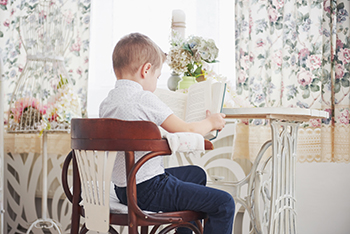Play is one of the most important needs required by a child. According to the American Academy of Pediatrics, play allows children use their creativity while developing their imagination, as well as physical, cognitive, and emotional strength. It is extremely important to brain development and at an early age, can develop them to engage and interact with the world around them.
Social/Emotional Development
When toddlers are playing around one another, they learn about the formation of relationships. As time progresses, children learn how to express their emotions and adjust their behaviours to those of peers. For example, play helps children collaborate, negotiate and compromise when 2 or more children wish to want to use the same toy.
Physical Development
Play helps children hone their coordination, gross motor skills like crawling or walking, fine motor skills like picking up or dropping off objects and even balance. Physical play has also proven to promote both better eating and sleeping habits. Research has shown that physically active kids are more likely to be healthier in transitioning into their adulthood.
Cognitive Development
Implementing play into a regular schedule can also help develop cognitive ability such as paying attention, solve problems, memorization skills and sharpening their decision-making skills. One of the best ways to stimulate brain development is to include brainteasers, strategy-based games and puzzles into their play.
It is up to your childcare centre to realize the importance of play in early childhood education programming. Integrating play into your daily schedules will only benefit a child’s development helping them to turn into mentally healthy, physically active and vibrant adults.
